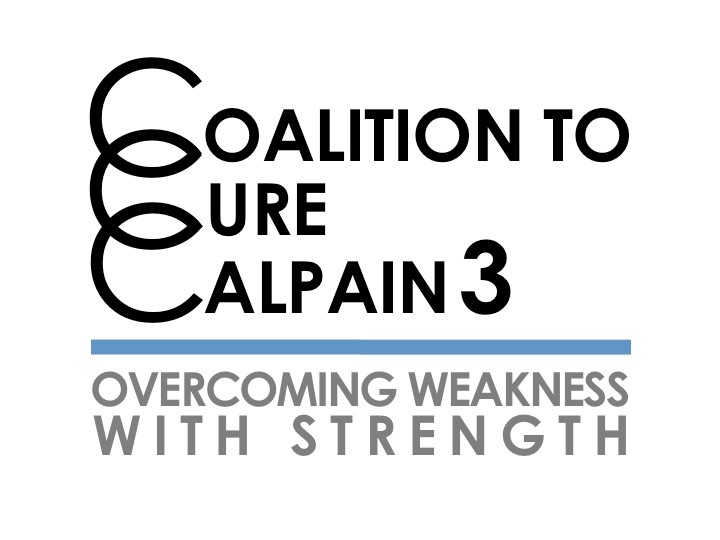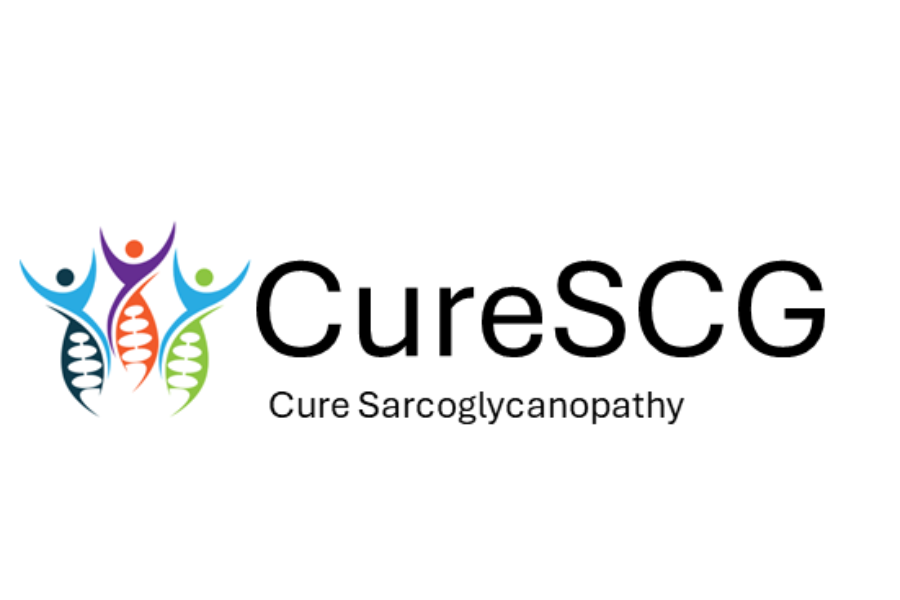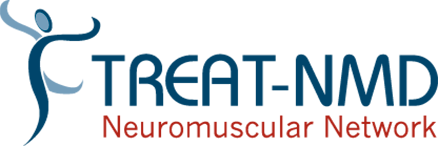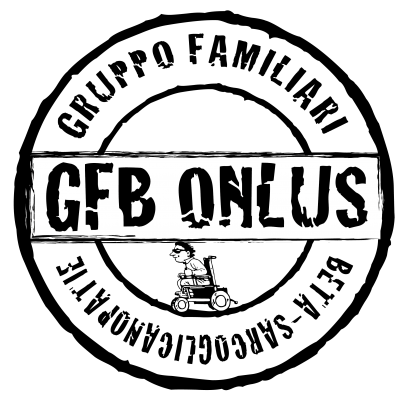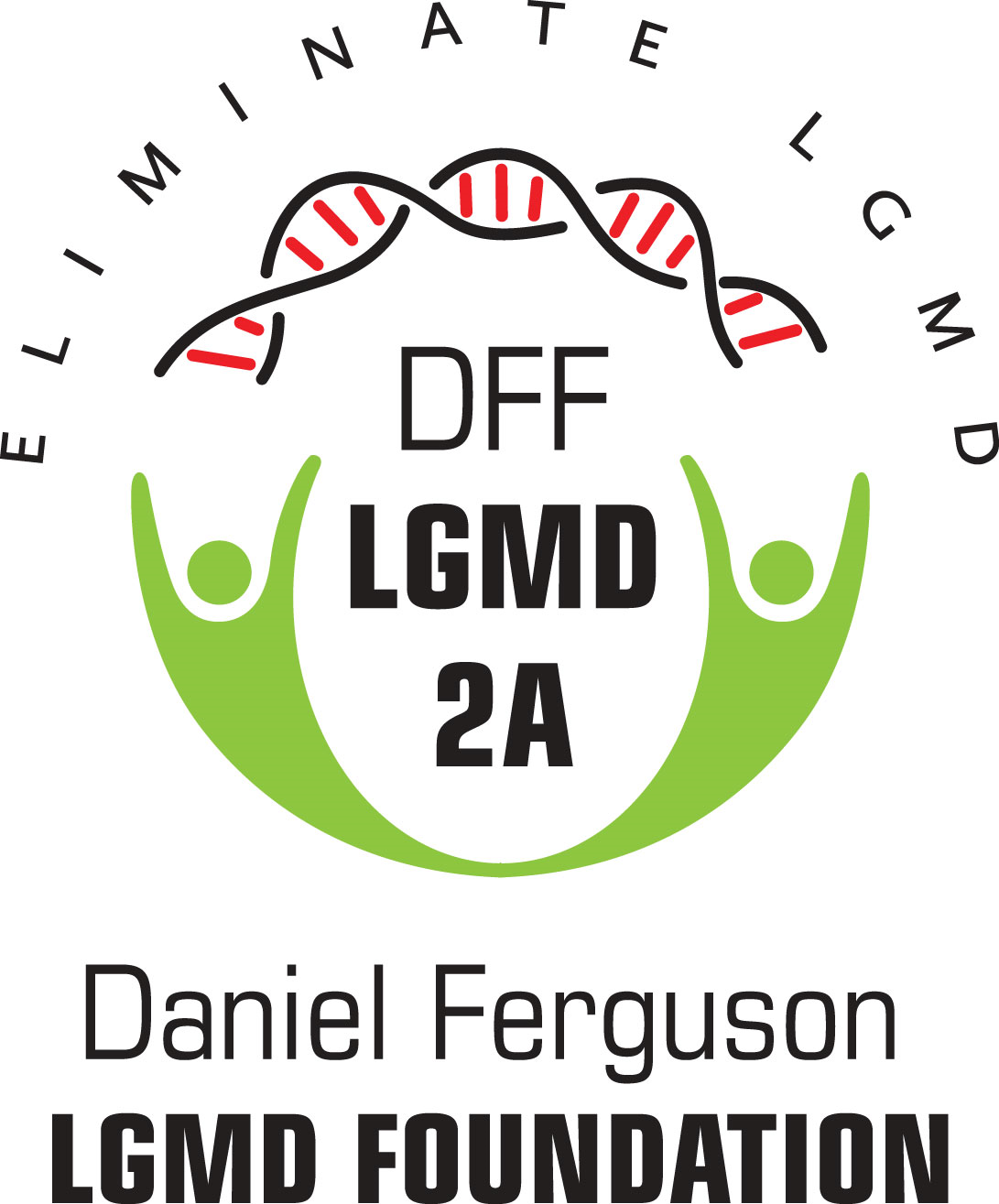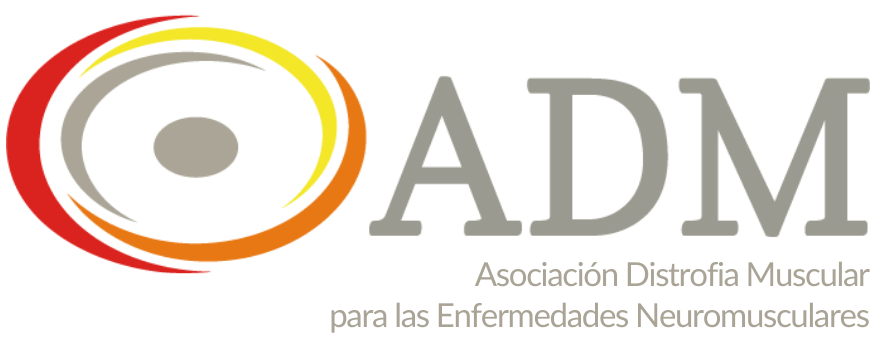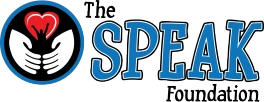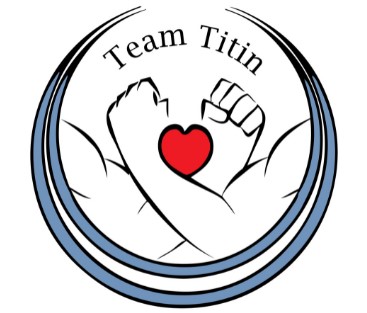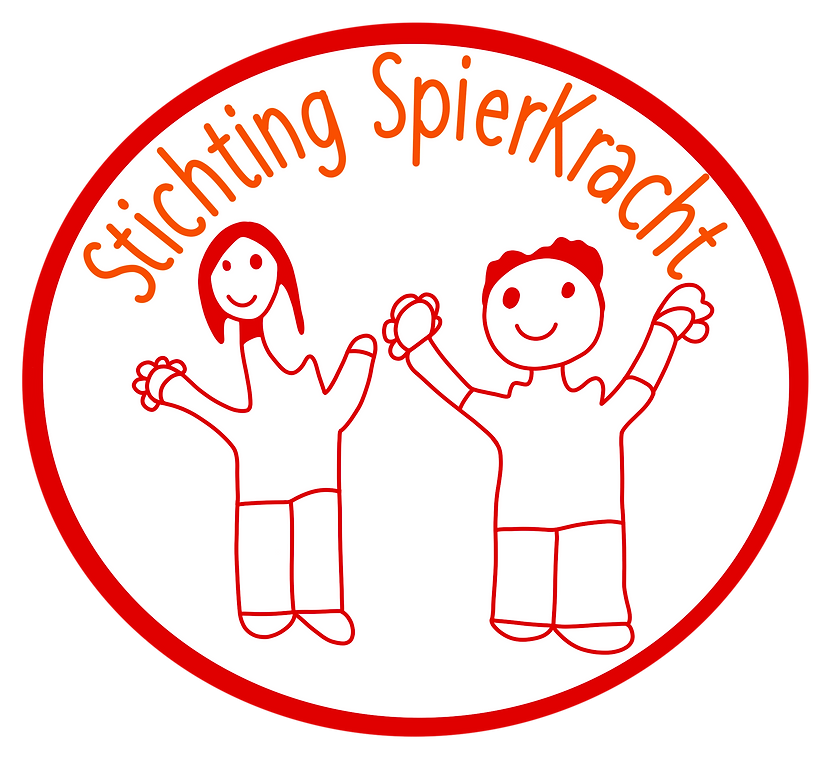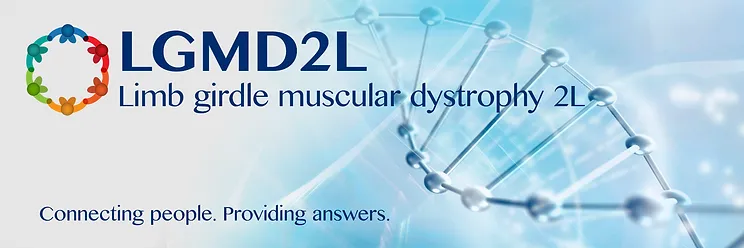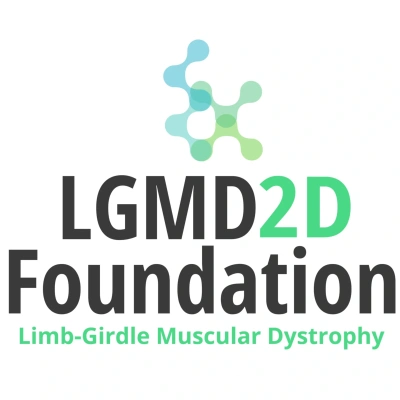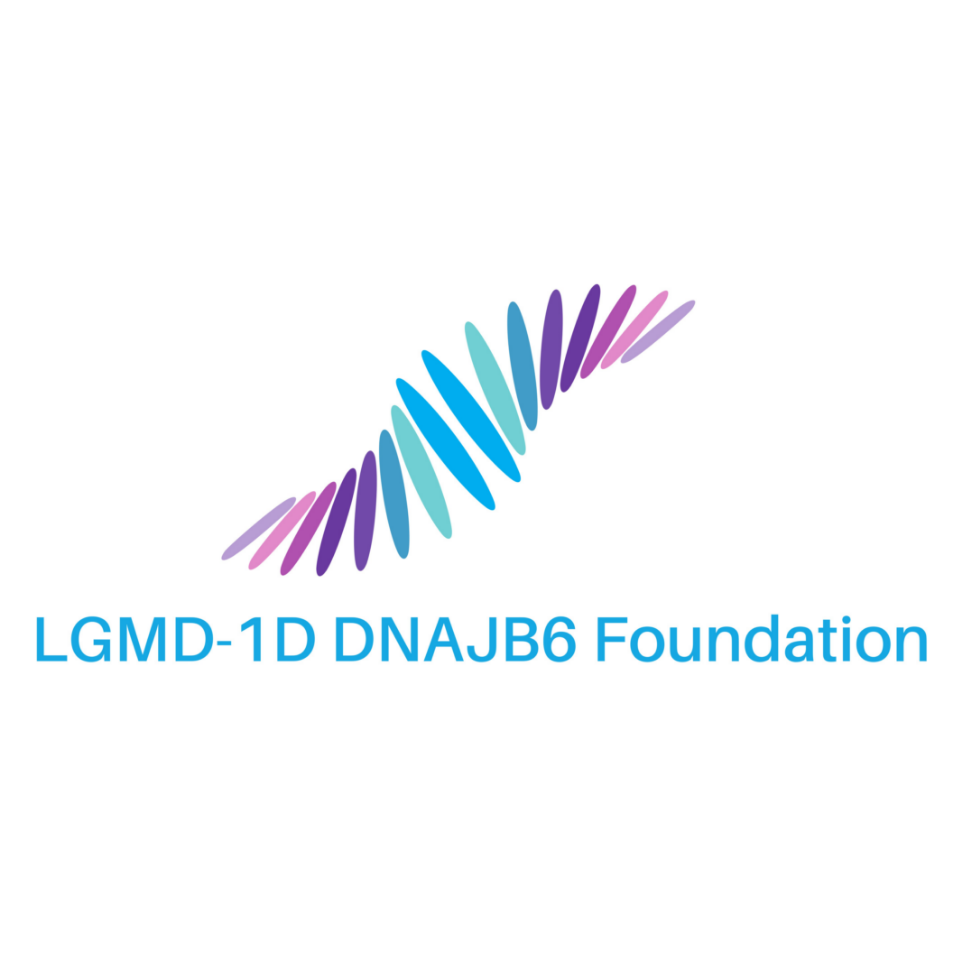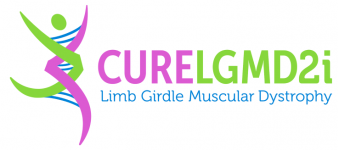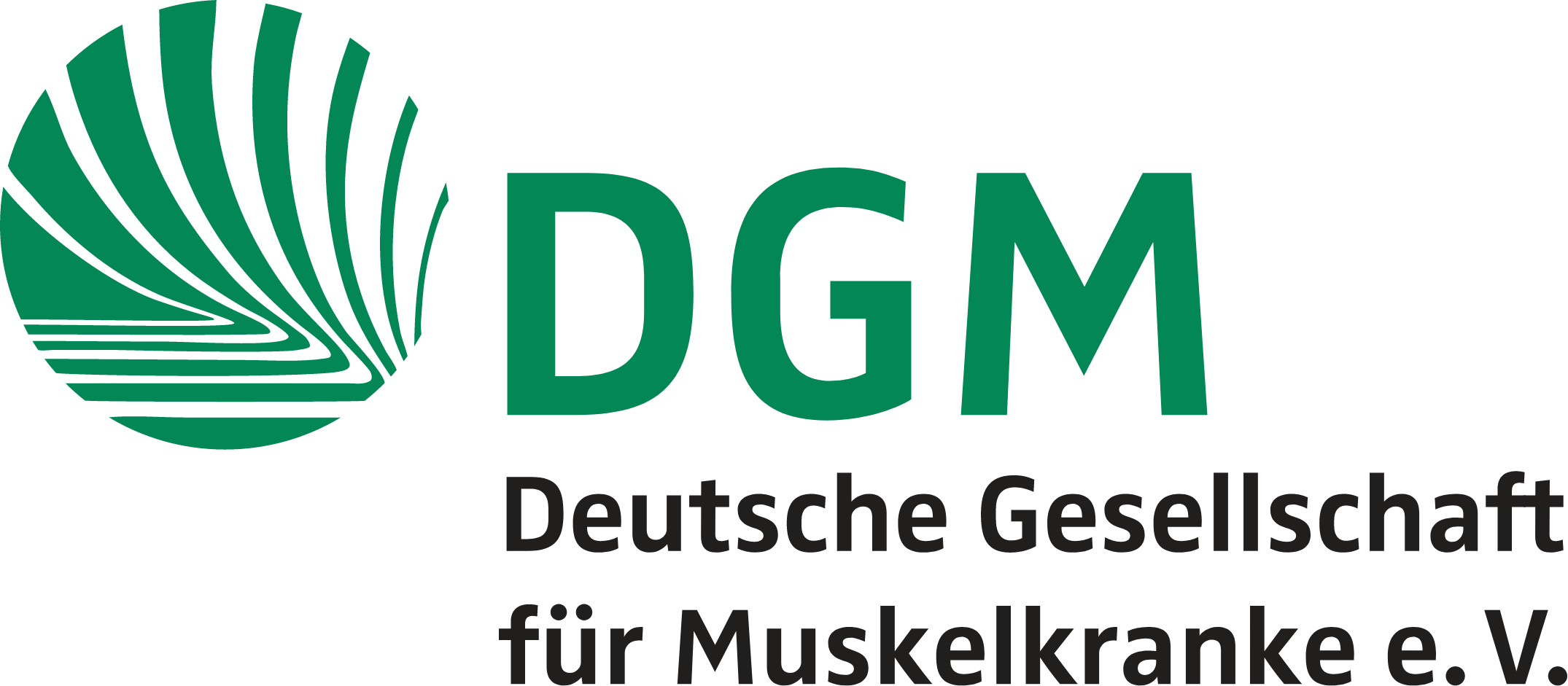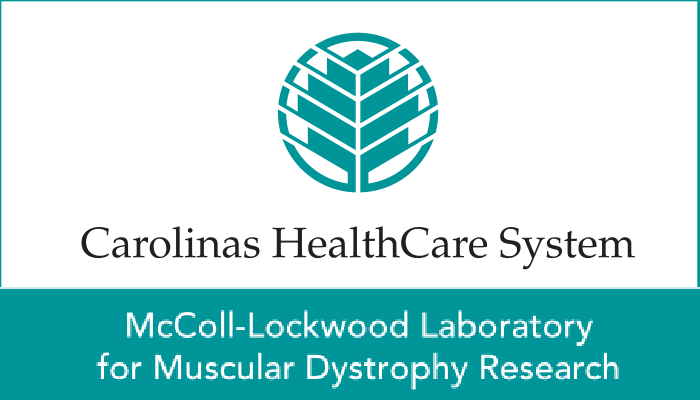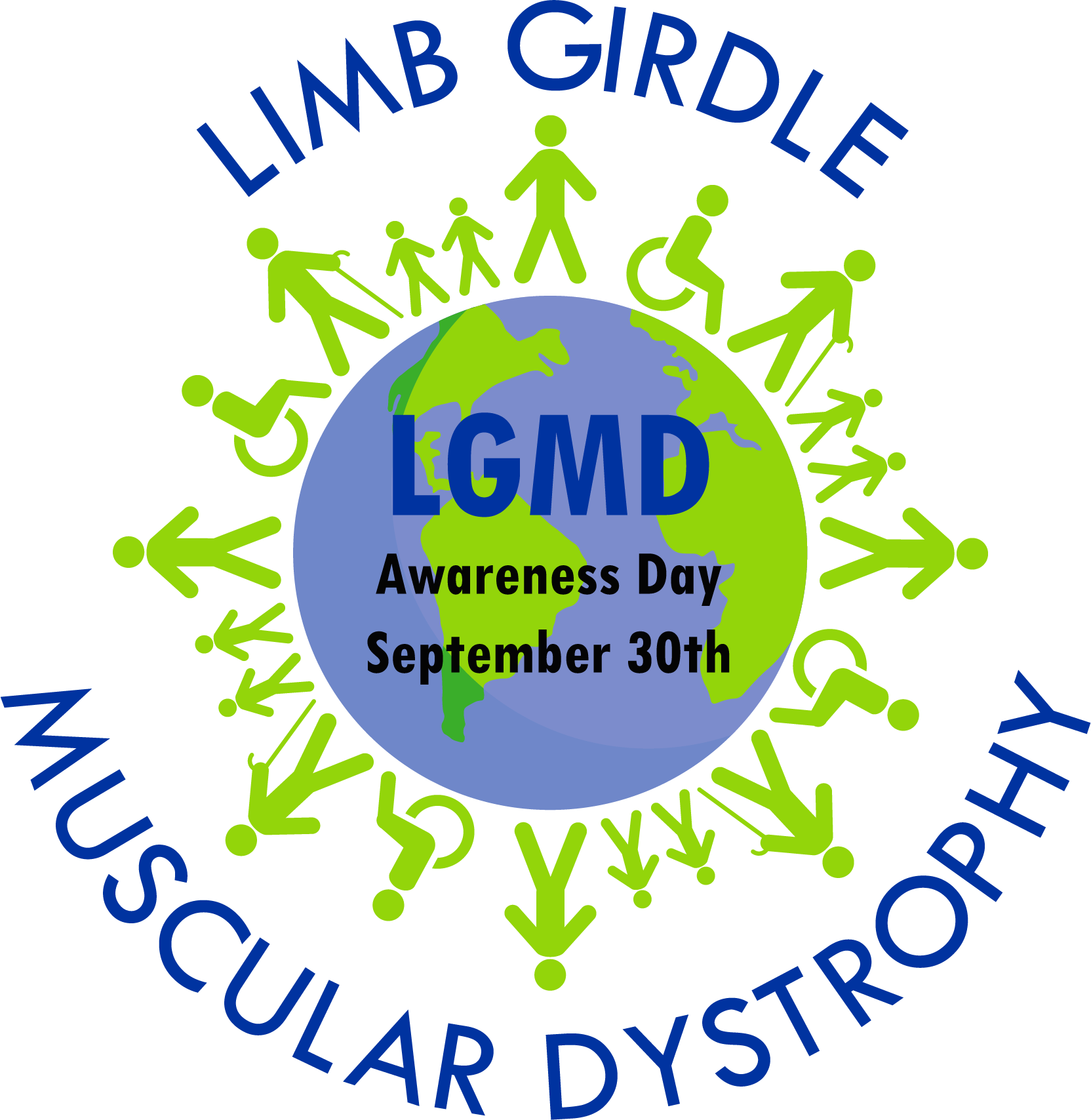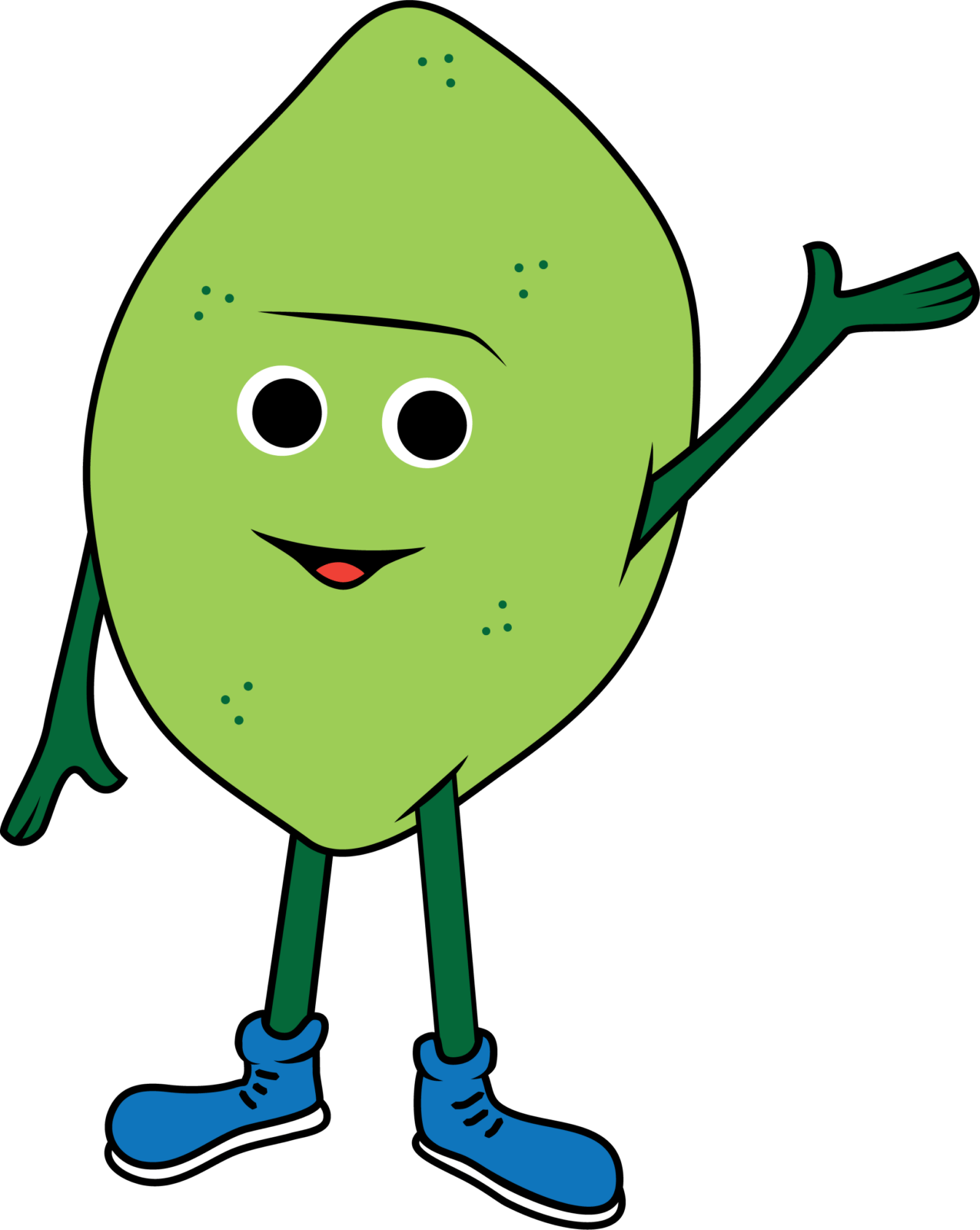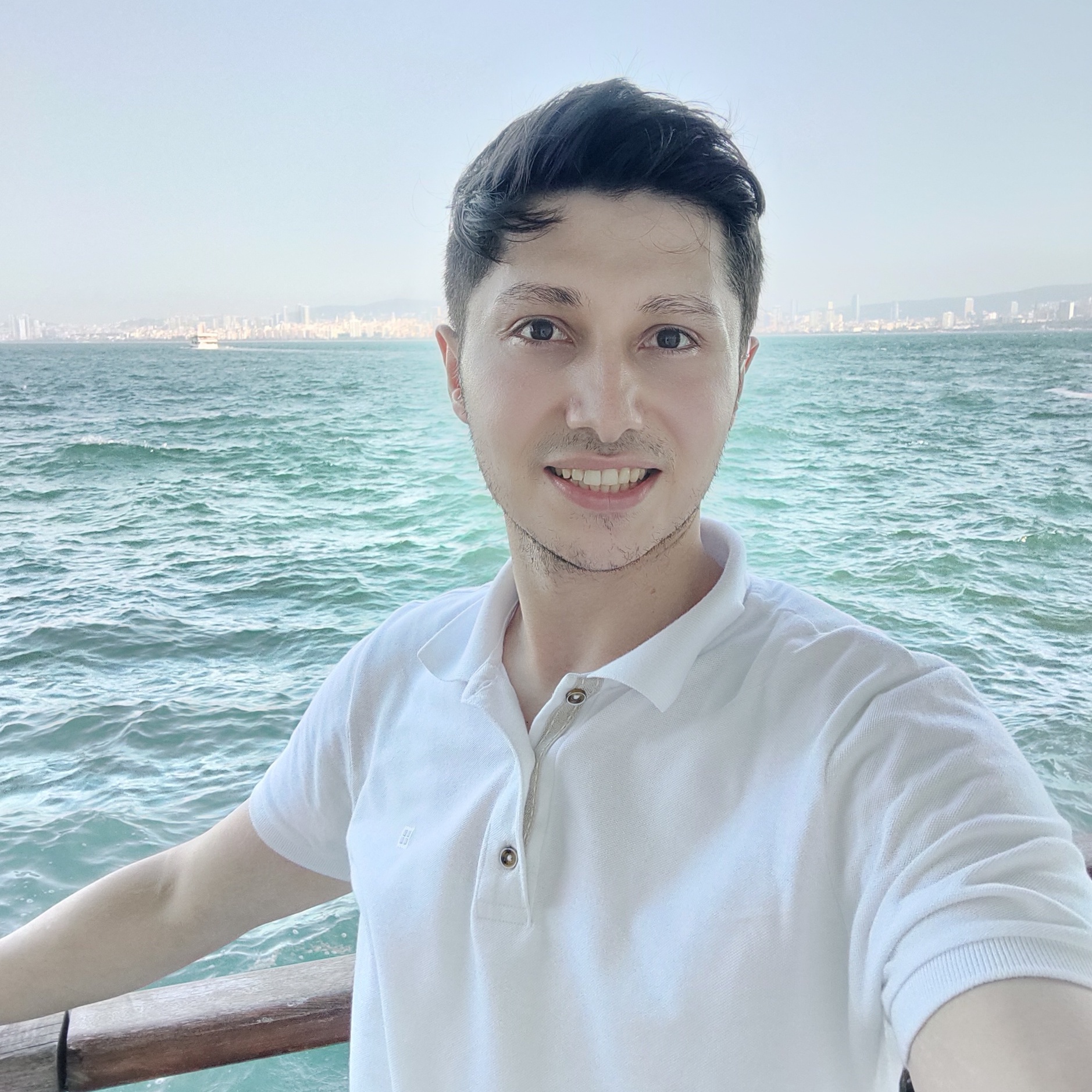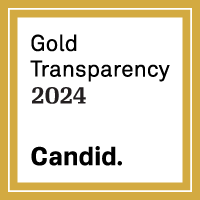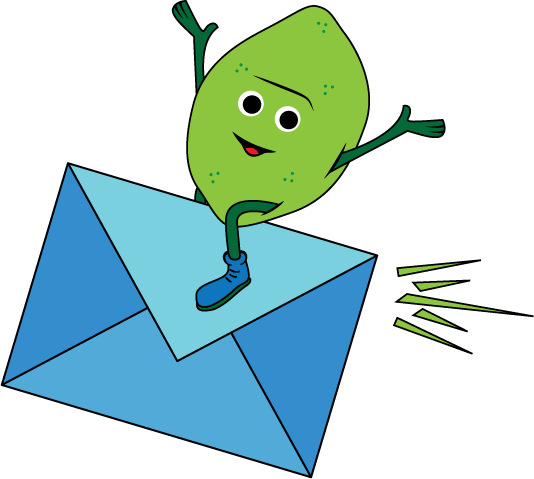Living with limb-girdle muscular dystrophy (LGMD) presents unique challenges, both physically and financially. The LGMD Grant Opportunities page serves as a valuable resource, offering detailed information on various grants and programs tailored to assist those with LGMD. From financial assistance for adaptive equipment and home modifications to scholarships for education, this guide aims to alleviate some of the burdens faced by LGMD patients, ensuring they have access to the support they need to lead fulfilling lives.
Programs and Grants
Living with a progressive neuromuscular disease such as limb-girdle muscular dystrophy (LGMD) can be financially challenging, at times. There are many disability related costs that public and private insurance do not typically cover. Home modifications for accessibility, adaptive aids, certain medical supplies, and equipment are just a few examples that individuals may have to purchase with their own funds. Below are some resources that may be able to provide assistance to help offset the financial burden.
The Colorado Fund for Muscular Dystrophy is a non-profit organization which has made it their mission to increase the quality of life of individuals living with muscular dystrophy or a neuromuscualr disorder. They offer grants to individuals who are in need of financial assistance.
- Grants may be awarded for, but not limited to, equipment, therapies, medical supplies, home modifications, or recreation center membership, not fully covered by insurance.
- Grant applicants must be a United States resident with a diagnosis of any form of muscular dystrophy or neuromuscular disorders
- The maximum request amount per application is $1,000, payable to a single vendor.
- To learn more, visit the CFMD website
The Laughing At My Nightmare is a non-profit organization which works to improve the quality of life for people living with muscular dystrophy by providing free adaptive and medical equipment to people in need! They aim to give devices and technology that helps their clients live healthier, more comfortable, and more productive lives.
- The No More Nightmare Program is designed to help people with MD. The goal of No More Nightmares is to provide people who have muscular dystrophy with important equipment and technology to keep them living awesome lives!
- Tech-Cessibility Grant Program provides assistive technology and adaptive equipment to people living with any disability
- To learn more about the application process, please visit the LAMN website
- This program helps you access essential equipment that supports greater independence, safety, and everyday mobility at home, in school, at work, and at play.
- This grant is designed to help individuals navigate funding options and reduce financial barriers to obtaining necessary DME, ensuring greater independence and improved quality of life.
- Funding is limited, and applications will be reviewed individually to explore all funding resources.
- Awards of up to $500 are available upon review and funding.
- Dependent on review and funding, MDA members can submit one DME Grant application per calendar year.
- For program details, eligibility criteria, and to apply visit MDA’s website.
- NMD United is a non-profit organization composed of adults living with neuromuscular disabilities. This organization generously offers a variety of small grants to a help offset some of the hidden costs of a disability that individuals living on a fixed income or low wages are forced to pay in order to maintain their independence.
- Any adult living with a neuromuscular disability* is eligible to apply for and receive an ALEF Grant.
- Individuals are eligible to apply for and receive up to 3 grants totaling no more than $500 altogether. Former grant recipients of past years are eligible to re-apply.
- Grants are awarded on a first-come, first-serve basis as long as funds remain available. Individuals experiencing an immediate financial hardship, such that their health, safety and/or ability to independently live in the community is impacted, are strongly encouraged to apply.
- Grant requests are subject to approval by NMD United’s ALEF Committee.
- Full details regarding the current ALEF grants available can be found on the NMD United Website
The Curb Free Foundation is a 501(c)(3) nonprofit organization that provides wheelchair users with travel grants.
- If you are dreaming of visiting a particular destination, fill out an application and you may be chosen to go on your dream trip!
- Details about this grant program and to apply, visit The Curb Free Foundation website
- The Speak Foundation is a non-profit organization that is run entirely by volunteers who live with a form of Muscular Dystrophy or who have a loved one with a disability. It is a charitable, faith-based organization that is dedicated to helping people of any age cope with and overcome the challenges of living with a neuromuscular disease (NMD).
- The C.A.R.E. Program gifts newly diagnosed limb-girdle muscular dystrophy patients with a box full of helpful tools that include smart technology and items donated from the International Consortium of LGMD organizations. (This program is available to patients who have received a diagnosis of LGMD as of May 1, 2021.) Open to U. S. residents only.
- The HOPE Project awards a one-time stipend of up to $300 to qualified applicants living in the United States who have a diagnosis of limb-girdle muscular dystrophy and need financial assistance for durable medical equipment (DME) expenses for mobility (including mobility scooters, bedside commodes, and shower chairs, for example). Open to U. S. residents only.
- The Health Equity Grant will provide travel grants to qualified LGMD patients living in the United States to visit approved, leading center of LGMD excellence.
- Full details regarding the current Speak Foundation programs can be found on the Speak Foundation website
The United Spinal Association lists a number of funding resources on their website for individuals with disabilities. All of the organizations have certain qualifying standards that the grant applicant will have to meet. Most have limits on the amount of funding they will provide. It is suggested that you contact the organization directly to get full information on their available grants, qualifying criteria, and process for applying.
- Adaptive Sports Equipment Grants
- Adaptive Vehicle and Modification Grants
- Assistive Technology Grants
- General or Multipurpose Grants
- Home Modification and Housing Grants
- Rehabilitation and Therapy Grants
- Details about these grants and programs can be found on the United Spinal Association website
Programs and Grants
Living with a progressive neuromuscular disease such as limb-girdle muscular dystrophy (LGMD) can be financially challenging, at times. There are many disability related costs that public and private insurance do not typically cover. Home modifications for accessibility, adaptive aids, certain medical supplies, and equipment are just a few examples that individuals may have to purchase with their own funds. Below are some resources that may be able to provide assistance to help offset the financial burden.
The Colorado Fund for Muscular Dystrophy is a non-profit organization which has made it their mission to increase the quality of life of individuals living with muscular dystrophy or a neuromuscualr disorder. They offer grants to individuals who are in need of financial assistance.
- Grants may be awarded for, but not limited to, equipment, therapies, medical supplies, home modifications, or recreation center membership, not fully covered by insurance.
- Grant applicants must be a United States resident with a diagnosis of any form of muscular dystrophy or neuromuscular disorders
- The maximum request amount per application is $1,000, payable to a single vendor.
- To learn more, visit the CFMD website
The Laughing At My Nightmare is a non-profit organization which works to improve the quality of life for people living with muscular dystrophy by providing free adaptive and medical equipment to people in need! They aim to give devices and technology that helps their clients live healthier, more comfortable, and more productive lives.
- The No More Nightmare Program is designed to help people with MD. The goal of No More Nightmares is to provide people who have muscular dystrophy with important equipment and technology to keep them living awesome lives!
- Tech-Cessibility Grant Program provides assistive technology and adaptive equipment to people living with any disability
- To learn more about the application process, please visit the LAMN website
- This program helps you access essential equipment that supports greater independence, safety, and everyday mobility at home, in school, at work, and at play.
- This grant is designed to help individuals navigate funding options and reduce financial barriers to obtaining necessary DME, ensuring greater independence and improved quality of life.
- Funding is limited, and applications will be reviewed individually to explore all funding resources.
- Awards of up to $500 are available upon review and funding.
- Dependent on review and funding, MDA members can submit one DME Grant application per calendar year.
- For program details, eligibility criteria, and to apply visit MDA’s website.
- NMD United is a non-profit organization composed of adults living with neuromuscular disabilities. This organization generously offers a variety of small grants to a help offset some of the hidden costs of a disability that individuals living on a fixed income or low wages are forced to pay in order to maintain their independence.
- Any adult living with a neuromuscular disability* is eligible to apply for and receive an ALEF Grant.
- Individuals are eligible to apply for and receive up to 3 grants totaling no more than $500 altogether. Former grant recipients of past years are eligible to re-apply.
- Grants are awarded on a first-come, first-serve basis as long as funds remain available. Individuals experiencing an immediate financial hardship, such that their health, safety and/or ability to independently live in the community is impacted, are strongly encouraged to apply.
- Grant requests are subject to approval by NMD United’s ALEF Committee.
- Full details regarding the current ALEF grants available can be found on the NMD United Website
The Curb Free Foundation is a 501(c)(3) nonprofit organization that provides wheelchair users with travel grants.
- If you are dreaming of visiting a particular destination, fill out an application and you may be chosen to go on your dream trip!
- Details about this grant program and to apply, visit The Curb Free Foundation website
- The Speak Foundation is a non-profit organization that is run entirely by volunteers who live with a form of Muscular Dystrophy or who have a loved one with a disability. It is a charitable, faith-based organization that is dedicated to helping people of any age cope with and overcome the challenges of living with a neuromuscular disease (NMD).
- The C.A.R.E. Program gifts newly diagnosed limb-girdle muscular dystrophy patients with a box full of helpful tools that include smart technology and items donated from the International Consortium of LGMD organizations. (This program is available to patients who have received a diagnosis of LGMD as of May 1, 2021.) Open to U. S. residents only.
- The HOPE Project awards a one-time stipend of up to $300 to qualified applicants living in the United States who have a diagnosis of limb-girdle muscular dystrophy and need financial assistance for durable medical equipment (DME) expenses for mobility (including mobility scooters, bedside commodes, and shower chairs, for example). Open to U. S. residents only.
- The Health Equity Grant will provide travel grants to qualified LGMD patients living in the United States to visit approved, leading center of LGMD excellence.
- Full details regarding the current Speak Foundation programs can be found on the Speak Foundation website
The United Spinal Association lists a number of funding resources on their website for individuals with disabilities. All of the organizations have certain qualifying standards that the grant applicant will have to meet. Most have limits on the amount of funding they will provide. It is suggested that you contact the organization directly to get full information on their available grants, qualifying criteria, and process for applying.
- Adaptive Sports Equipment Grants
- Adaptive Vehicle and Modification Grants
- Assistive Technology Grants
- General or Multipurpose Grants
- Home Modification and Housing Grants
- Rehabilitation and Therapy Grants
- Details about these grants and programs can be found on the United Spinal Association website
Other Grants and Rebates
Cash grants, rebates, used equipment, and donated labor are all options to make your home or vehicle modification budget cover more. These resources may help.
Online marketplace for used accessible vehicles and other equipment.
Offers a state directory for finding local resources for home modification financial aid.
Offers information on funding and financing, a guide to mobility equipment options, and a dealer locator.
Visit their website for more details.
Lists state grants and other resources for financing accessible vehicles.
Visit their website for details
Funded by the US Department of Agriculture. Recipients must be 62 years or older and from low-income households, and funds may be used to modify existing residences.
Find the Housing and Urban Development (HUD) office in your state to look for grants related to modifications.
Go to their website.
Scholarships and Education Resources
EveryLife Foundation for Rare Diseases is a 501(c)(3) nonprofit, nonpartisan organization dedicated to empowering the rare disease patient community to advocate for impactful, science-driven legislation and policy that advances the equitable development of and access to lifesaving diagnoses, treatments and cures.
- #RAREis Scholarship Fund to enrich the lives of adults living with rare diseases by providing support for their educational pursuits.
- Scholarship is available for any rare disease patient who is age 17 or older and has a US residency.
- This scholarship is not degree specific or dependent on a four-year of two-year degree program
- Visit their website for eligibility details and application deadlines.
Laughing At My Nightmare (LAMN)
- Each year, 1-2 individuals living with muscular dystrophy will be awarded the Laughing at My Nightmare Academic Scholarship to cover all tuition, fees, and course materials to obtain an undergraduate or graduate degree at an in-state public university.
- This new program is projected to officially launch in 2024!
- Learn more at the LAMN website
Study.com has developed a comprehensive college and career guide for students with disabilities to inform students about critical information regarding their college education to help set them up for success. The College and Career Guide for Students with Disabilities offers in-depth scholarship information as well as details in several areas, including:
- Legal rights of students with disabilities
- Services colleges can or need to make available
- Required accommodations for students
- Technologies and helpful apps for students
- Scholarships & Grants for Students with Disabilities
- Financial Aid for Students with Disabilities
- Internship & Job Placement Programs for Students with Disabilities
- Visit their website to learn more
With elements translated into over 20 languages, the Rare Disease Day School Toolkit is designed to help you start a conversation with children and teachers about rare diseases such as limb-girdle muscular dystrophy.
- Do you know a young child or a family who is dealing with acceptance and making friends at school?
- Are you a pre-school or kindergarten teacher, and a student in your class has a chronic health condition?
- Are you a parent or adult who believes in sharing the values of empathy and inclusion with young children?
Within the Rare Disease Day global platform and together with our national alliance rare disease patient organization partners, they have put together elements (translated in over 20 languages) which might help you start the conversation with teachers or with young children.
- Please download the School Toolkit resources.
- Adapt them and translate them! They are tools for you to freely use.
The United Spinal Association lists a number of scholarship resources on their website for individuals with disabilities. All of the organizations have certain qualifying standards that the scholarship applicant will have to meet. Most have limits on the amount of funding they will provide. It is suggested that you contact the organization directly to get full information on their available scholarships, qualifying criteria, and process for applying.
- Details about these grants and programs can be found on the United Spinal Association website
PLEASE NOTE: LGMD Awareness Foundation, Inc. strives to make the information on this website as timely and accurate as possible, we make no claims, promises, or guarantees about the accuracy, completeness, or adequacy of the contents of this site, and expressly disclaims liability for errors and omissions in the contents of this site. Reference in this site does not constitute endorsement or recommendation by LGMD Awareness Foundation, Inc.
Our Advocacy Partners

